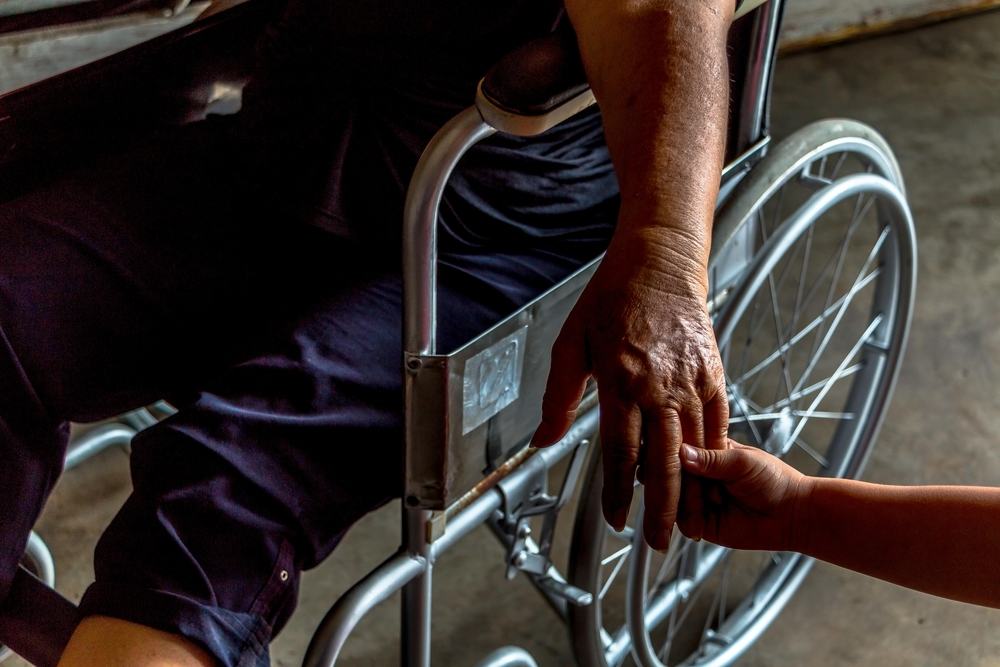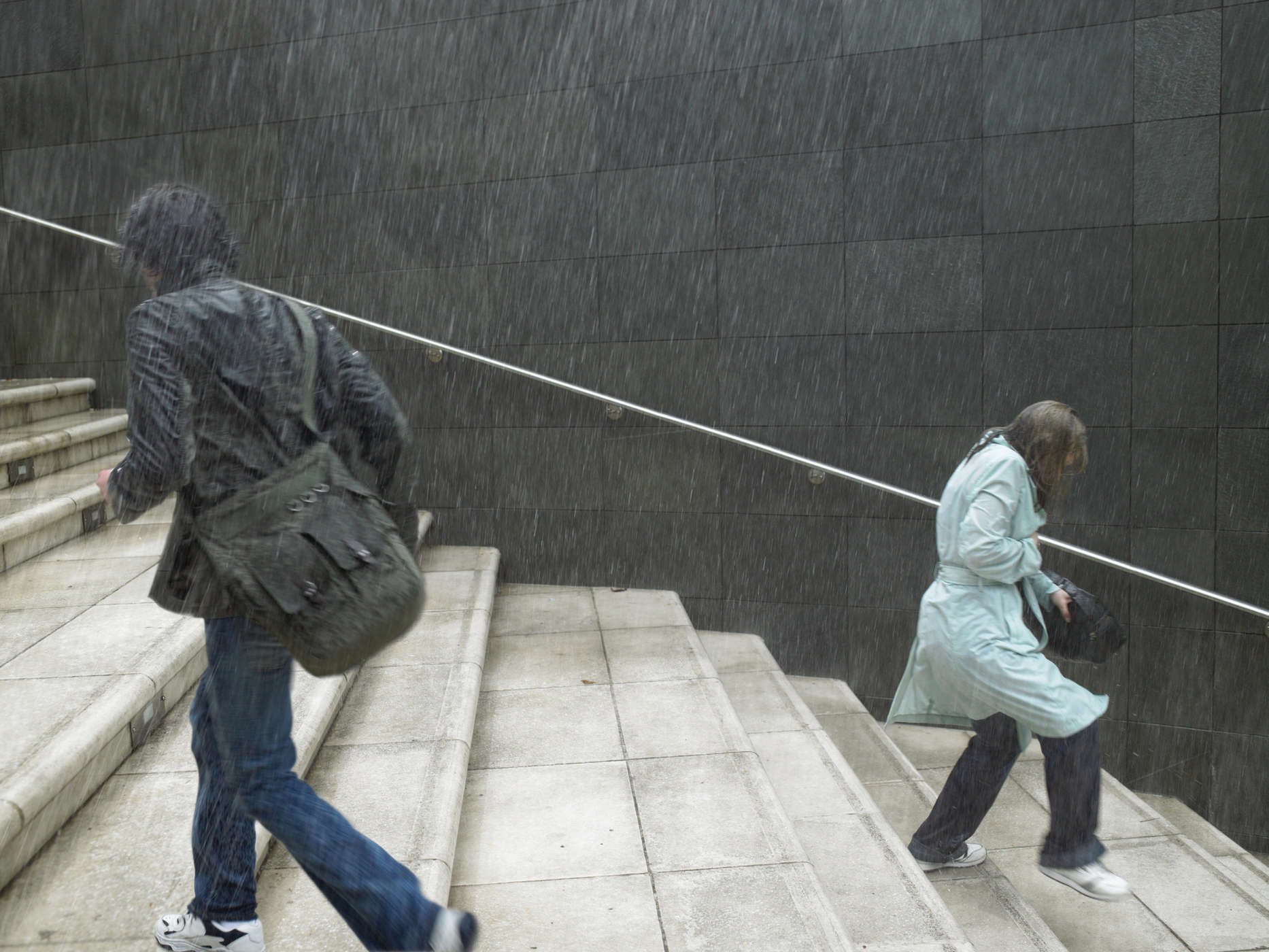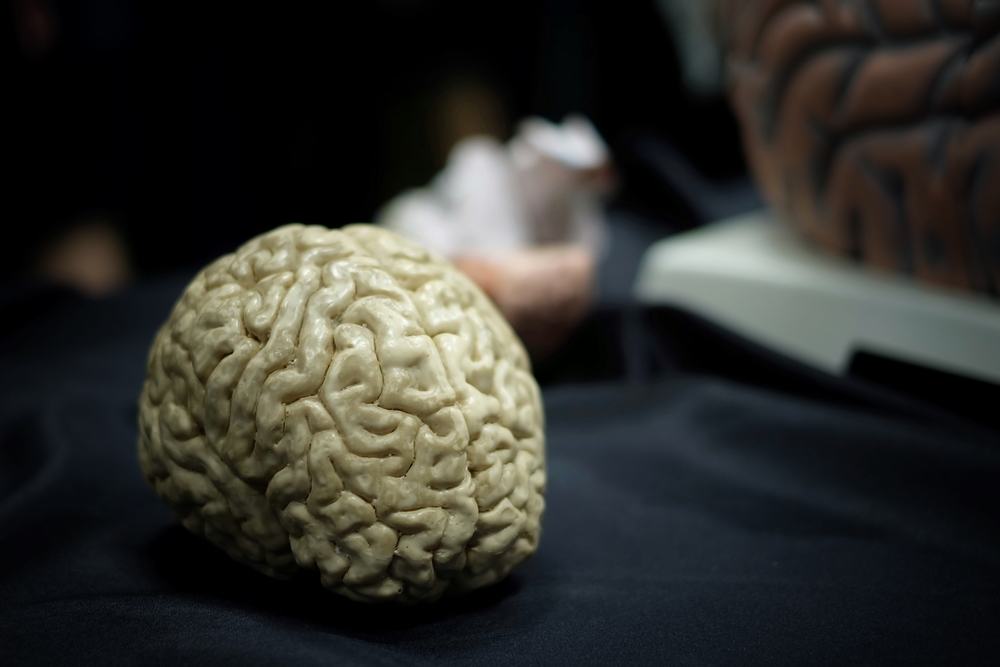Contents:
Medical Video: Teen Suffers Stroke -- Part 5 of 5
Having a stroke in adolescence can indeed change the life of the person in total. Teenagers are experiencing difficult times in their lives. When you get a stroke, this of course can cause uncertainty, absent from school, force teenagers to withdraw from the social environment and make a list of new difficulties in the lives of adolescents who are already complicated. How can teenagers and parents change their lives after a stroke?
Pediatrician—Most people still go to pediatricians to deal with stroke problems in their teens.
Some pediatric departments have a special section dealing with adolescents especially for the care of adult adolescents because of different health problems from children or parents.
Neurologist or stroke specialist—Most teenagers with stroke need treatment from a neurologist or even a stroke neurologist because stroke usually requires extra attention. Doctors who have many stroke patients can be a guide to help find needed help, such as therapy, rehabilitation or special equipment to help you get help.
School—You may need a special assistant to accompany in the post-stroke class. Schools may be able to test students' abilities, provide additional assistance or accommodation. Sometimes, schools do not have testing facilities and therefore students need to meet a neuropsychologist to get results regarding the ability of students after a stroke. Ease can be needed, such as an extension of time in the exam, even for the first years after a stroke.
Athletics—If you are an athlete, chances are you will experience a change in ability after a stroke. Additional coaching or even changing the type of exercise may be needed. A therapist or physical rehabilitation specialist can help determine exercise that is safe for post-stroke sufferers.
Music and art—If you are an artist or musician, chances are you will feel a change in ability after a stroke. Even so, you might not experience a decline in artistic or musical abilities. In addition, stroke patients can also get the development of rehabilitation of neurological functions and moods that are significant with music therapy.
Mode—If you are a teenager who has a stroke, it does not mean that you cannot express yourself and enjoy the latest fashions and hairstyles. You may have weaknesses, which might inhibit the ability to match hairstyles or perform other special tasks. If you have an asymmetrical face or eye, you can try a number of facial makeup tricks to enhance your appearance.
Friend—Often, friends will care about you and possibly be extra sensitive to what they say or expect from you after a stroke. Over time, your friend will recognize that you are still 'you' despite some changes. Your friends can understand what you want to explain or talk about.
Mockery—Most teenagers will not disturb their friends who have disabilities or suffer from illness. However, if there are 3000 students in the school, there is a possibility that one or two students try to harm students who have had a stroke. Although it seems like a joke, it is very important to report the abuse in order to protect yourself and other students.
Driving—Drive ability can change if the function of the vision has a stroke. Driving is a concern for stroke sufferers of all ages. It is important to be patient, try to understand the body's ability to regulate movements, and never drive if you are not 100% sure of your own abilities.
Teens and information about stroke—As a teenager, you must know enough about stroke and the consequences of a stroke. Don't stop learning how to improve recovery during life. However, don't rush too. The best way is to be patient, realistic and consistent in carrying out the recovery plan.
Giver of support - Supporting communities can help provide role models and allow sufferers to have the opportunity to talk to a group of people who understand the situation that is felt. One of the strengths of this supporting community is that they are not part of your circle of friends, so you don't have to bother putting yourself.
Blogging—Many teenagers are turning to being bloggers as a form of support for themselves. This can be a great way to express feelings, concerns and share advice as well as experience. The only negative potential is the possibility of an evil stalker looking for fragile teenagers like many who roam on social media. Be careful and don't give out personal information, because as we know that not everyone is honest in cyberspace.












